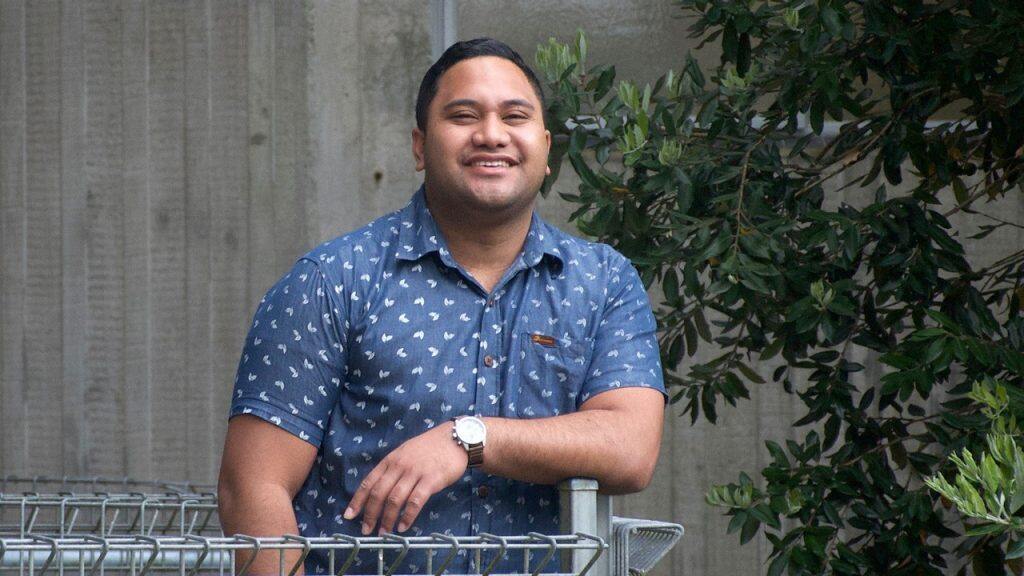Ahead of International Men’s Day on Monday 19 November, a second-year social work student reflects why more men are needed in the social good sector.


Peter Haufano is keen to work with young people with mental health challenges when he finishes his social work degree in two years’ time.
“Here in New Zealand, services aren’t really prepared for youth problems. And we know that a lot of young people experience mental health problems.”
Peter believes that a lot more men are needed in social work. “A lot of males experience issues. The key thing is empathy – if you are helping a male resolve issues, being of the same gender will help.”
“You can find success in helping people make a change in their lives and communities.”
– Peter Haufano, Bachelor of Social Work student
Men in the helping professions can also act as positive male role models, he says, something that is missing from too many young people’s lives. “There are a lot of fatherless young men about.”
Peter’s aim is to make a difference to young people by empowering them to make changes for themselves – “helping them to connect the dots: to connect to services and institutions.”
His Pacific heritage (both Tongan and Samoan) is important to Peter. “Everything goes back to my Pacific values – family, spirituality, culture and language. I want to honour my parents who migrated from the islands to create a better life for us.”
To Pacific young men, he says: “You don’t need to study elite courses to be successful. Social work and education are much needed as well. You can find success in helping people make a change in their lives and communities.”
The University of Auckland, he says, honours and acknowledges Pacific heritage and gives a lot of support. He’s benefited from regular support provided by the Undergraduate Targeted Admission Scheme, particularly workshops in academic skills and time management.
After working in the field for a few years, Peter would like to study at postgraduate level so he could be in a position to influence policy change. “To step up to that position, I’d need more education. Knowledge plus action is power.”
Social work is a fulfilling field, he says. “I’d say to young people if they want a job that’s challenging and requires you to reflect and make change, then social work is for you.”



































